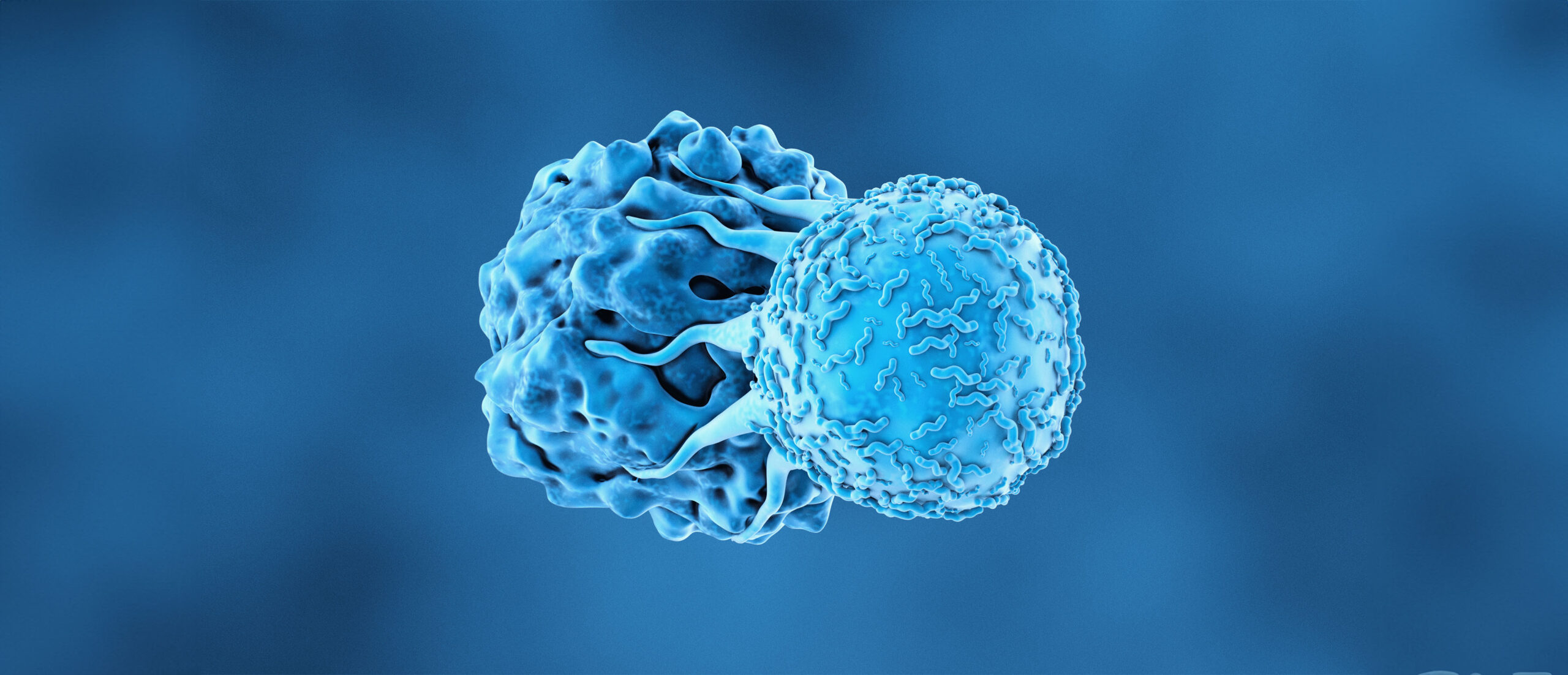
CAR-T Release Testing
At Avance Biosciences, we understand the critical nature of providing fast quality control of your CAR-T drug product. We have comprehensive Quality Control (QC) solutions tailored to ensure the highest standards of product safety, efficacy, and consistency to support in the following areas:
Key CAR-T Services
Critical Quality Attributes
Assay
Description
Identity
CAR+ expression
Confirm CAR expression on T-cell surface using flow cytometry
CAR transgene integration site analysis
Verify the CAR transgene sequence within the T-cells using PCR and Sanger sequencing or NGS
Purity
Immunophenotyping
Determine % of immune cell subsets in the DP by flow cytometry
CAR+ T cell percentage
Determine the % of CAR+ T cells by flow cytometry
Potency
Cell-based Potency Assays
Assess the ability of CAR-T cells to elicit an antitumor response, typically by measuring their cytotoxicity against target cells or evaluating other effector functions. Requires development of assay specific to target
Vector Copy Number (VCN) Analysis
Confirm the presence and copy number of the CAR transgene in the CAR-T cell drug product using QPCR or ddPCR
Transduction Efficiency Analysis
Determine the % of transduced cells using flow cytometry or QPCR/ddPCR
Potency
Cell-based Potency Assays
Assess the ability of CAR-T cells to elicit an antitumor response, typically by measuring their cytotoxicity against target cells or evaluating other effector functions. Requires development of assay specific to target
Viability and Cell Counting
Determine the viability and concentration of CAR-T cells in the final product using NC-200 or flow cytometry
Safety
Sterility Testing
USP <71>
Replication Competent Lentivirus (RCL) Testing
Perform a rapid QPCR-based assay to verify CAR-T drug product is free from RCL
Safety
Sterility Testing
USP <71>
Endotoxin Testing
USP <85>
Mycoplasma Testing
QPCR-based rapid mycoplasma test covering 17 Mycoplasma species.
Other
pH
USP <791>
Osmolality
USP <785>